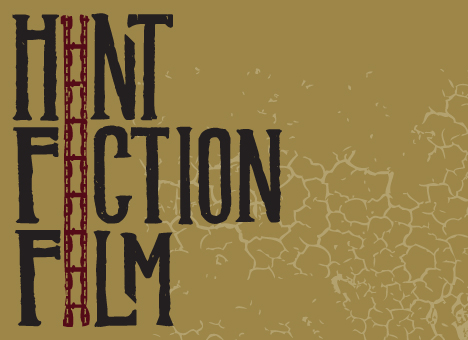I've gotten a couple emails and messages asking about this call for submissions for a Sri Lankan Anthology of Hint Fiction, so I figured I might as well say something about it here. Yes, I am aware of the project, and no, neither W. W. Norton nor myself are involved. Why? Well, because there's no reason for us to be involved. After all, no one "owns" the idea of Hint Fiction. Norton published the Hint Fiction anthology, yes, but they simply bought the rights to publish that book. If I were inclined to put together another anthology of Hint Fiction, I would be free to take it to any other publisher. Hell, if anyone wanted to put together another anthology of Hint Fiction, they could approach any other publisher. A few years back, when the whole Hint Fiction thing came about, a couple people told me (quite seriously) that I needed to copyright or trademark or whatever the term. Each time I laughed this off. After all, Hint Fiction ... it's just a term, really, nothing more than that. I can't try to lay claim to a genre that's been around forever. That would be silly. Even more, it would be absurd.
I think Hint Fiction has had a nice run. I think it's fizzled out somewhat here in the U.S. Sure, many colleges discuss it in their creative writing classes, which is great, but what more can really be done with the genre? Hint Fiction's "birthday" was a few months back. In past years, I would do a long post about what had taken place in the previous year. In past years, I even hosted a Hint Fiction contest. This year, I decided to do neither. Mostly because during the last Hint Fiction contest I had begun to see a disturbing trend -- nearly all the stories began to seem formulaic. It makes sense, too, when you think about it. Stories in general can be formulaic. And when you have a story so short, it's pretty difficult to hide that formula. When the whole Hint Fiction thing started, nobody really knew what it was yet, me included. So writers were thinking outside the box. They came up with some really new and exciting stuff. But then, once the anthology came out (which really helped to define what Hint Fiction is and what it can be), writers for the most part began to study the form, and once something gets studied, it loses some (if not all) of its pizzazz.
Don't get me wrong -- I don't think Hint Fiction has fully run its course. I think it's still possible to do some new and exciting things with the genre. And I think it's great that it helps some writers get started working on longer works, just as it helps writers learn to cut back on their verboseness. But for the most part, what can be done has been done.
That isn't to say, of course, this Sri Lankan Anthology of Hint Fiction can't be something great. My fingers are crossed that it is. I just hope the writers submitting to it aren't trying to copy what was in the first Hint Fiction anthology, but instead use those initial stories as a stepping stone to something newer and more exciting.


 To enter the
To enter the